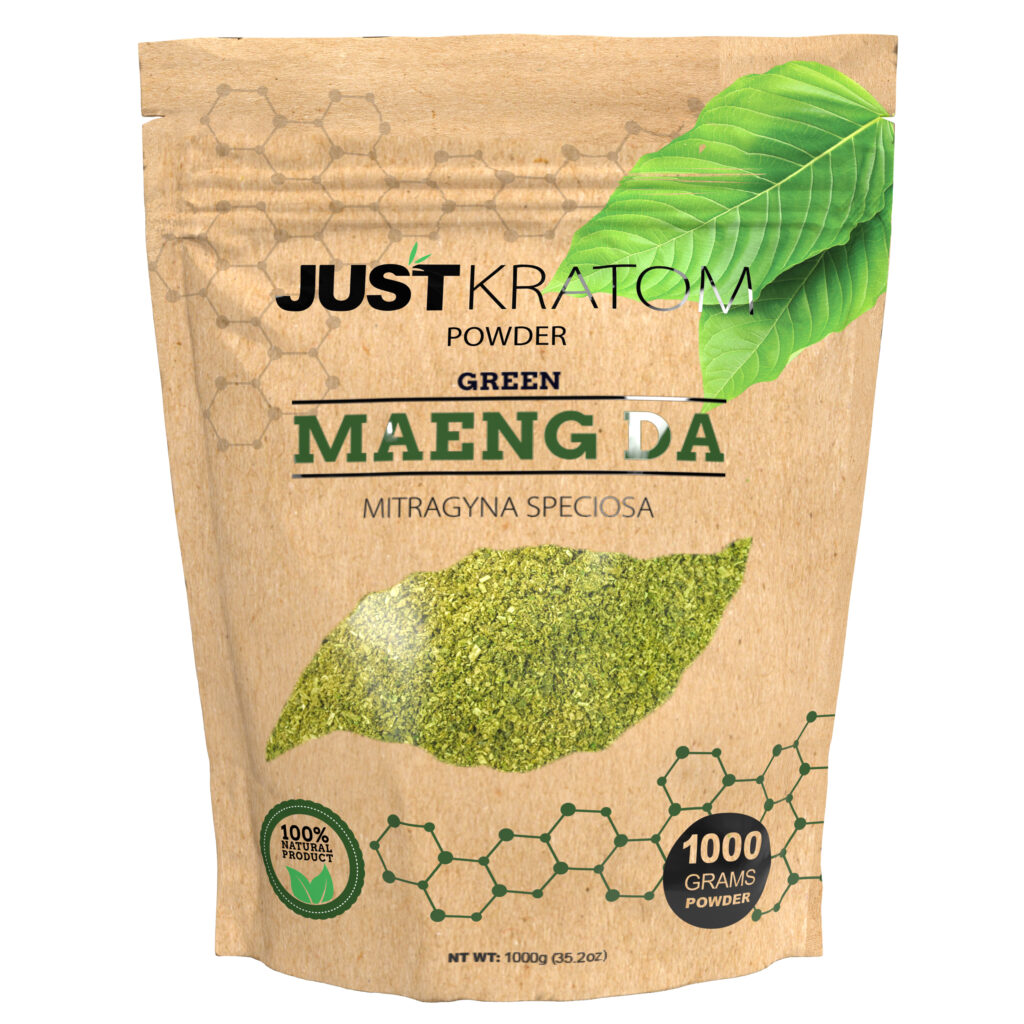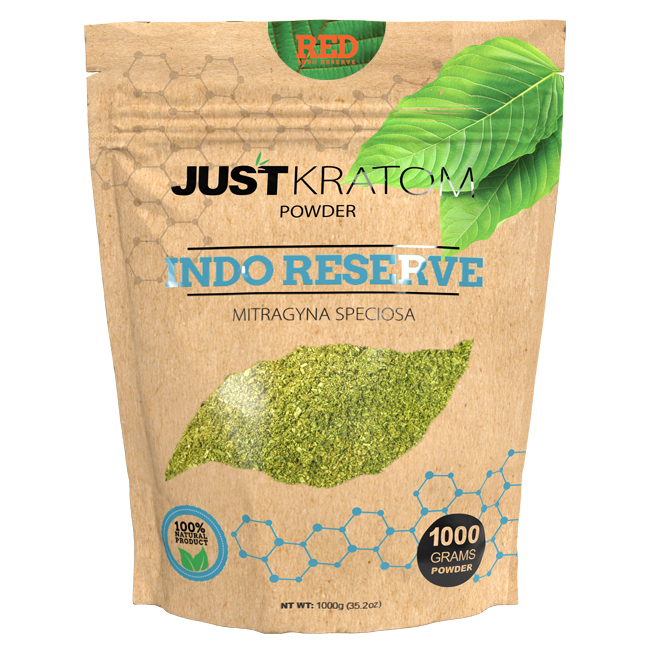Potential Benefits of Kratom for Chronic Fatigue
Chronic fatigue syndrome (CFS) is a debilitating condition characterized by persistent and overwhelming exhaustion that doesn’t improve with rest. Individuals suffering from CFS often experience a range of additional symptoms, including muscle and joint pain, cognitive difficulties, and sleep disturbances. Kratom, an herbal supplement derived from the Mitragyna speciosa tree, has gained attention for its potential therapeutic benefits, particularly in addressing chronic fatigue and pain.
Energy Boosting Effects
Kratom contains compounds known as alkaloids, including mitragynine and 7-hydroxymitragynine, which are thought to interact with opioid receptors in the brain. These interactions may contribute to kratom’s analgesic and energizing effects. Some individuals with chronic fatigue report experiencing improvements in their energy levels, stamina, and overall well-being after using kratom.
It is important to note that research on kratom’s efficacy for chronic fatigue is limited and inconclusive. While anecdotal reports suggest potential benefits, further scientific studies are needed to determine the effectiveness and safety of kratom as a treatment for this complex condition.
Pain Relief Properties
Kratom proponents suggest its pain-relieving properties could be beneficial for individuals with chronic fatigue who often experience muscle and joint aches. The alkaloids in kratom, particularly mitragynine and 7-hydroxymitragynine, are believed to interact with opioid receptors in the brain, potentially leading to pain reduction.
However, it’s crucial to understand that research supporting kratom’s effectiveness for chronic fatigue and pain is limited. While some users report positive experiences, scientific evidence remains inconclusive.
Improved Mood and Motivation
Some individuals with chronic fatigue syndrome (CFS) find that kratom can help improve their mood and motivation alongside its potential to alleviate fatigue. Kratom contains alkaloids that may interact with opioid receptors in the brain, potentially leading to a sense of well-being and increased energy levels.
However, it is important to remember that research on kratom’s effects on mood and motivation is limited and more studies are needed to fully understand its potential benefits and risks.
Scientific Evidence and Research
Scientific evidence plays a crucial role in understanding the potential benefits and risks of any substance, especially those used for medicinal purposes. Research involving controlled studies, data analysis, and peer review helps establish whether a treatment is effective and safe for a particular condition. In the case of kratom and its potential use for chronic fatigue, rigorous scientific investigation is essential to determine its true efficacy and potential side effects.
Available Studies on Kratom and Fatigue

Scientific research on kratom’s effectiveness for treating chronic fatigue is still limited. While some people report experiencing improvements in their energy levels and overall well-being after using kratom, these reports are largely anecdotal and haven’t been substantiated by robust scientific studies.
- A few small studies have explored kratom’s potential benefits for pain management and fatigue, but the results have been mixed and require further investigation.
- Larger, well-designed clinical trials are needed to definitively determine the effectiveness and safety of kratom as a treatment option for chronic fatigue syndrome.
It’s important to consult with a healthcare professional before using kratom or any other substance to address chronic fatigue. They can help assess your individual situation, discuss potential risks and benefits, and recommend appropriate treatment options based on scientific evidence.
Limitations of Current Research
The scientific evidence regarding kratom’s effectiveness for treating chronic fatigue is limited and inconclusive. While anecdotal reports suggest potential benefits, rigorous scientific studies are needed to determine its true efficacy and safety.
Current research on kratom’s effects on chronic fatigue is primarily observational in nature, relying on self-reported experiences rather than controlled clinical trials. This makes it difficult to establish a clear cause-and-effect relationship between kratom use and improvements in fatigue levels.
Furthermore, the complex nature of chronic fatigue syndrome makes it challenging to design and interpret studies. The condition often involves a combination of physical, psychological, and social factors, which can influence individual responses to treatment.
Risks and Side Effects of Kratom Use
While kratom is touted as a potential remedy for chronic fatigue, its use carries inherent risks and side effects that require careful consideration. Kratom’s effects stem from its alkaloid content, particularly mitragynine and 7-hydroxymitragynine, which interact with opioid receptors in the brain.
Potential Adverse Reactions
These interactions can lead to a range of potential adverse reactions, including nausea, vomiting, constipation, dizziness, itching, and dry mouth. In higher doses, kratom can cause more serious side effects such as drowsiness, respiratory depression, seizures, and even death.
Long-term use of kratom has been linked to potential health problems such as liver damage, dependence, and withdrawal symptoms.
It’s important to note that the safety and efficacy of kratom are still under investigation. More research is needed to fully understand its risks and benefits.
Interactions with Medications
Kratom contains compounds known as alkaloids, including mitragynine and 7-hydroxymitragynine, which are thought to interact with opioid receptors in the brain. These interactions may contribute to kratom’s analgesic and energizing effects. Some individuals with chronic fatigue report experiencing improvements in their energy levels, stamina, and overall well-being after using kratom.
It is important to note that research on kratom’s efficacy for chronic fatigue is limited and inconclusive. While anecdotal reports suggest potential benefits, further scientific studies are needed to determine the effectiveness and safety of kratom as a treatment for this complex condition.
Kratom proponents suggest its pain-relieving properties could be beneficial for individuals with chronic fatigue who often experience muscle and joint aches. The alkaloids in kratom, particularly mitragynine and 7-hydroxymitragynine, are believed to interact with opioid receptors in the brain, potentially leading to pain reduction.
However, it’s crucial to understand that research supporting kratom’s effectiveness for chronic fatigue and pain is limited. While some users report positive experiences, scientific evidence remains inconclusive.
- A few small studies have explored kratom’s potential benefits for pain management and fatigue, but the results have been mixed and require further investigation.
- Larger, well-designed clinical trials are needed to definitively determine the effectiveness and safety of kratom as a treatment option for chronic fatigue syndrome.
Some individuals with chronic fatigue syndrome (CFS) find that kratom can help improve their mood and motivation alongside its potential to alleviate fatigue. Kratom contains alkaloids that may interact with opioid receptors in the brain, potentially leading to a sense of well-being and increased energy levels.
However, it is important to remember that research on kratom’s effects on mood and motivation is limited and more studies are needed to fully understand its potential benefits and risks.
It’s important to consult with a healthcare professional before using kratom or any other substance to address chronic fatigue. They can help assess your individual situation, discuss potential risks and benefits, and recommend appropriate treatment options based on scientific evidence.
While kratom is touted as a potential remedy for chronic fatigue, its use carries inherent risks and side effects that require careful consideration. Kratom’s effects stem from its alkaloid content, particularly mitragynine and 7-hydroxymitragynine, which interact with opioid receptors in the brain.
These interactions can lead to a range of potential adverse reactions, including nausea, vomiting, constipation, dizziness, itching, and dry mouth. In higher doses, kratom can cause more serious side effects such as drowsiness, respiratory depression, seizures, and even death.
Long-term use of kratom has been linked to potential health problems such as liver damage, dependence, and withdrawal symptoms.
It’s important to note that the safety and efficacy of kratom are still under investigation. More research is needed to fully understand its risks and benefits.
Long-Term Health Effects
Kratom use carries potential risks and side effects that should be carefully considered. Kratom’s effects stem from its alkaloid content, particularly mitragynine and 7-hydroxymitragynine, which interact with opioid receptors in the brain. These interactions can lead to a range of adverse reactions, including nausea, vomiting, constipation, dizziness, itching, and dry mouth.
In higher doses, kratom can cause more serious side effects such as drowsiness, respiratory depression, seizures, and even death. Long-term use of kratom has been linked to potential health problems such as liver damage, dependence, and withdrawal symptoms.
It is essential to consult with a healthcare professional before using kratom or any other substance to address chronic fatigue. They can help assess your individual situation, discuss potential risks and benefits, and recommend appropriate treatment options based on scientific evidence.
Legal Status and Regulations
Kratom, an herbal supplement derived from the Mitragyna speciosa tree, has gained attention for its potential therapeutic benefits, particularly in addressing chronic fatigue. However, it is important to understand the legal status and regulations surrounding kratom before considering its use. The legal status of kratom varies widely across jurisdictions, with some countries and states outright banning it, while others have adopted more lenient approaches.
Kratom Legality in Different Countries
Kratom’s legal status varies significantly around the world. In some countries, it is completely banned, while in others, its sale and possession are regulated or unrestricted.
The United States has a patchwork of kratom regulations, with some states outright banning it and others allowing its sale with varying restrictions. The federal government currently does not classify kratom as a controlled substance.
In the European Union, kratom is generally considered illegal, with most member states prohibiting its sale and possession.
Australia and Canada have also taken steps to restrict or ban kratom.
Countries like Thailand and Malaysia, where kratom originated, have traditionally used it for medicinal purposes and have less restrictive regulations.
It is essential to research the specific laws and regulations governing kratom in your country or region before considering its use.
Regulations and Restrictions on Use
Kratom’s legal status varies widely across different regions. Some countries have outright bans, while others permit its sale with restrictions. The United States has a patchwork of regulations, with some states banning it entirely, others allowing it with limitations, and the federal government not classifying it as a controlled substance.

In the European Union, kratom is generally considered illegal, with most member states prohibiting its sale and possession. Similarly, Australia and Canada have implemented restrictions or bans on kratom. However, countries like Thailand and Malaysia, where kratom originated, tend to have less stringent regulations due to its traditional medicinal use.
It’s crucial to thoroughly research the specific laws and regulations pertaining to kratom in your jurisdiction before considering its use.
Alternative Treatments for Chronic Fatigue
Chronic fatigue syndrome (CFS) is a debilitating condition characterized by persistent and overwhelming exhaustion that doesn’t improve with rest. Individuals suffering from CFS often experience a range of additional symptoms, including muscle and joint pain, cognitive difficulties, and sleep disturbances. Kratom, an herbal supplement derived from the Mitragyna speciosa tree, has gained attention for its potential therapeutic benefits, particularly in addressing chronic fatigue and pain.
Lifestyle Modifications
While some individuals with chronic fatigue syndrome (CFS) find that kratom can help improve their mood and motivation alongside its potential to alleviate fatigue, it is important to remember that research on kratom’s effects on mood and motivation is limited and more studies are needed to fully understand its potential benefits and risks.
Lifestyle modifications play a crucial role in managing chronic fatigue. Implementing healthy habits can significantly improve energy levels and overall well-being.
Getting adequate sleep is essential for managing chronic fatigue. Aim for 7-9 hours of quality sleep per night.
Regular exercise, even moderate activities like walking or swimming, can boost energy levels and improve mood.
Eating a balanced diet rich in fruits, vegetables, whole grains, and lean protein provides the body with essential nutrients for energy production.
Managing stress through techniques such as meditation, yoga, or deep breathing exercises can help reduce fatigue and improve overall well-being.
Avoiding excessive caffeine and alcohol intake can also be beneficial, as these substances can interfere with sleep and exacerbate fatigue.
It’s important to note that chronic fatigue syndrome is a complex condition, and what works for one person may not work for another. It’s essential to consult with a healthcare professional to develop an individualized treatment plan that addresses your specific needs and circumstances.
Medical Therapies
While kratom has gained attention as a potential treatment for chronic fatigue, it’s important to approach its use with caution and awareness. Scientific research on its effectiveness for this condition is still limited and inconclusive.
Anecdotal reports suggest that some individuals experience improvements in energy levels, stamina, and mood after using kratom. However, these experiences are not supported by robust scientific evidence. There’s a need for larger, well-designed clinical trials to determine whether kratom is truly effective and safe for treating chronic fatigue syndrome.
Moreover, kratom contains alkaloids that interact with opioid receptors in the brain, potentially leading to side effects such as nausea, vomiting, constipation, dizziness, itching, and dry mouth. In higher doses, more serious side effects like drowsiness, respiratory depression, seizures, and even death are possible. Long-term use can be linked to liver damage, dependence, and withdrawal symptoms.
Given these risks and the lack of conclusive evidence for its effectiveness, it’s crucial to consult with a healthcare professional before using kratom or any other substance to address chronic fatigue. They can help assess your individual situation, discuss potential benefits and risks, and recommend appropriate treatment options based on scientific evidence.
In addition to exploring potential treatments like kratom, it’s important to prioritize lifestyle modifications that can significantly improve energy levels and overall well-being for individuals with chronic fatigue syndrome. These include:
* **Adequate Sleep:** Aim for 7-9 hours of quality sleep per night.
* **Regular Exercise:** Engage in moderate activities like walking or swimming to boost energy levels and mood.
* **Balanced Diet:** Consume a nutrient-rich diet with fruits, vegetables, whole grains, and lean protein.
* **Stress Management:** Utilize techniques like meditation, yoga, or deep breathing exercises to reduce fatigue and improve well-being.
* **Limit Caffeine and Alcohol:** Excessive intake can interfere with sleep and exacerbate fatigue.
Remember, chronic fatigue syndrome is a complex condition, and finding effective management strategies often involves a combination of approaches tailored to individual needs. Working with a healthcare professional is essential for developing a comprehensive treatment plan that addresses both physical and psychological aspects of this challenging condition.
Shop Kratom Powder for energy and focus
- Comparing THC Soda To CBD Soda: What’s The Difference? - May 9, 2025
- Brow Lift Treatment Near Ockley, Surrey - May 9, 2025
- How Long After Lip Filler Can I Wear Lipstick - May 9, 2025
